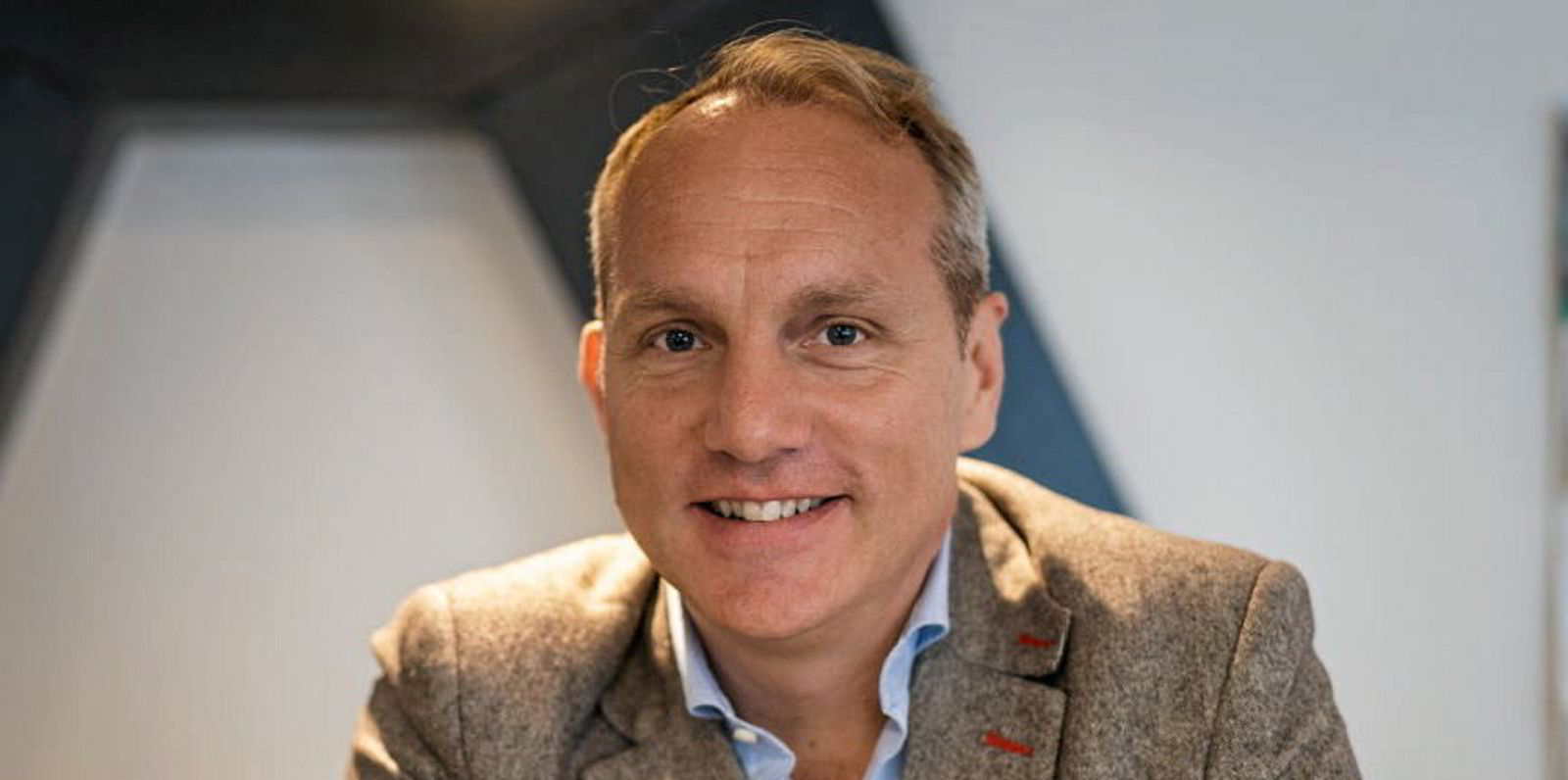Ro-ro giant Wallenius Wilhelmsen booked strong results for the second quarter on the back of growing trade volumes and logistical delays at ports, which are stretching vessel supply and firming demand.
The Oslo-listed ro-ro operator on Tuesday morning announced it had signed a letter of intent to build four car carriers in China that will be fuelled with methanol or ammonia. The deal includes individual options for eight further vessels.
Wallenius Wilhelmsen reported a net profit before tax of $332m for the second quarter, up 164% from a year ago.
Lasse Kristoffersen, president and CEO at Wallenius Wilhelmsen, said: “Financially, commercially and operationally it was a good quarter. Cash generation is solid providing a very sound foundation for our business going forward.
“We are renewing contracts for the next years at attractive market prices. We are pleased to see that our customers partner with us in taking action on the way to net zero.”
Revenue for the quarter grew by 9% to $1.3bn year on year. The company said earnings increased from the first quarter due to higher transported volumes, a more favourable trade mix and increased voyage efficiency.
Wallenius Wilhelmsen said its fleet capacity is being stretched due to logistical delays and disruptions, so long-term customers are renewing contracts at “attractive market rates securing predictability for all parties”.
The company signed a contract with an unnamed major electric vehicle (EV) manufacturer during the quarter that will continue until the end of 2025 and involves land and sea services from Asia to Europe and North America.
“The contract rates reflect the strength of the current market, and includes provisions for the use of, and payment for, biofuel,” Wallenius Wilhelmsen said in its report, without giving further details.
The carrier also signed a deal with ExxonMobil during the second quarter to secure supply of sustainable biofuel. The fuel will be bunkered from July to November this year to vessels calling at Zeebrugge in Belgium, with an option for Antwerp.
Waiting times at key ports are growing due to biosecurity clearance activities in Australia — a defence against invasive species such as the brown marmorated stink bug. Disruptions and delays are also a problem on the west coast of the US, in Canada and the Panama Canal.
Global deepsea auto export volumes recorded the best quarter for more than two years, up 5.6% since the end of the first quarter and by 11.4% year on year. There was especially strong growth in car exports from China, particularly of battery electric vehicles.
Meanwhile, global exports of high and heavy machinery continued to grow strongly in the second quarter, rising 15.5% in comparison with the same period last year.
“However, a normalisation of breakbulk volumes have an impact on ro-ro shipping volumes and net freight per cbm [cubic metre],” Wallenius Wilhelmsen said in its quarterly report.
Wallenius Wilhelmsen controlled a fleet of 126 vessels during the quarter, down by five ships year on year. The combined fleet is operated by the company as well as Eukor Car Carriers and Armacup Car Carriers.
The company now has free cash resources of just over $1.3bn available for future investment, down by $93m quarter on quarter.




